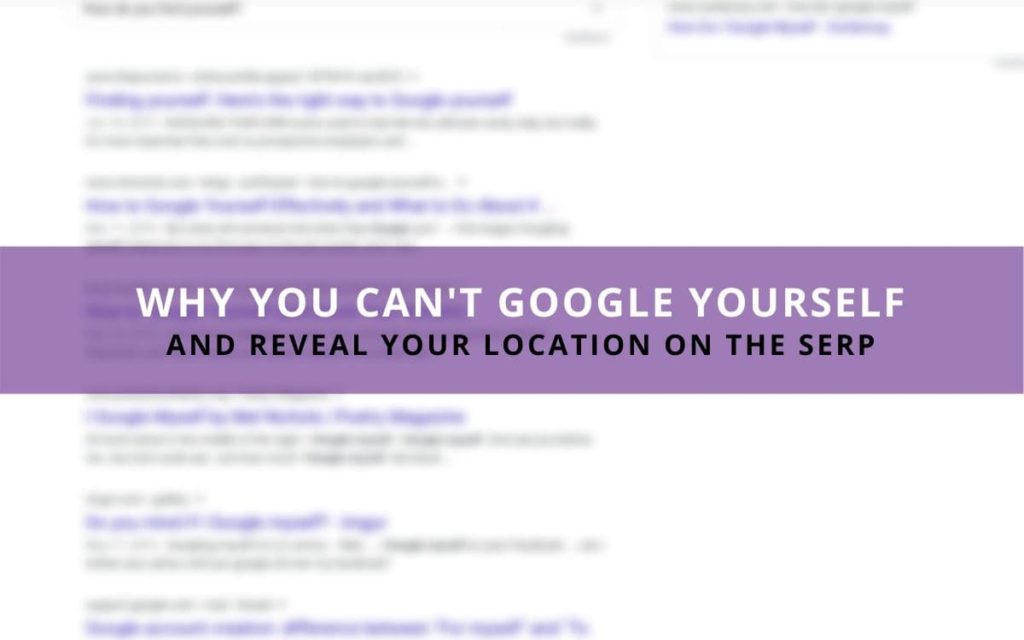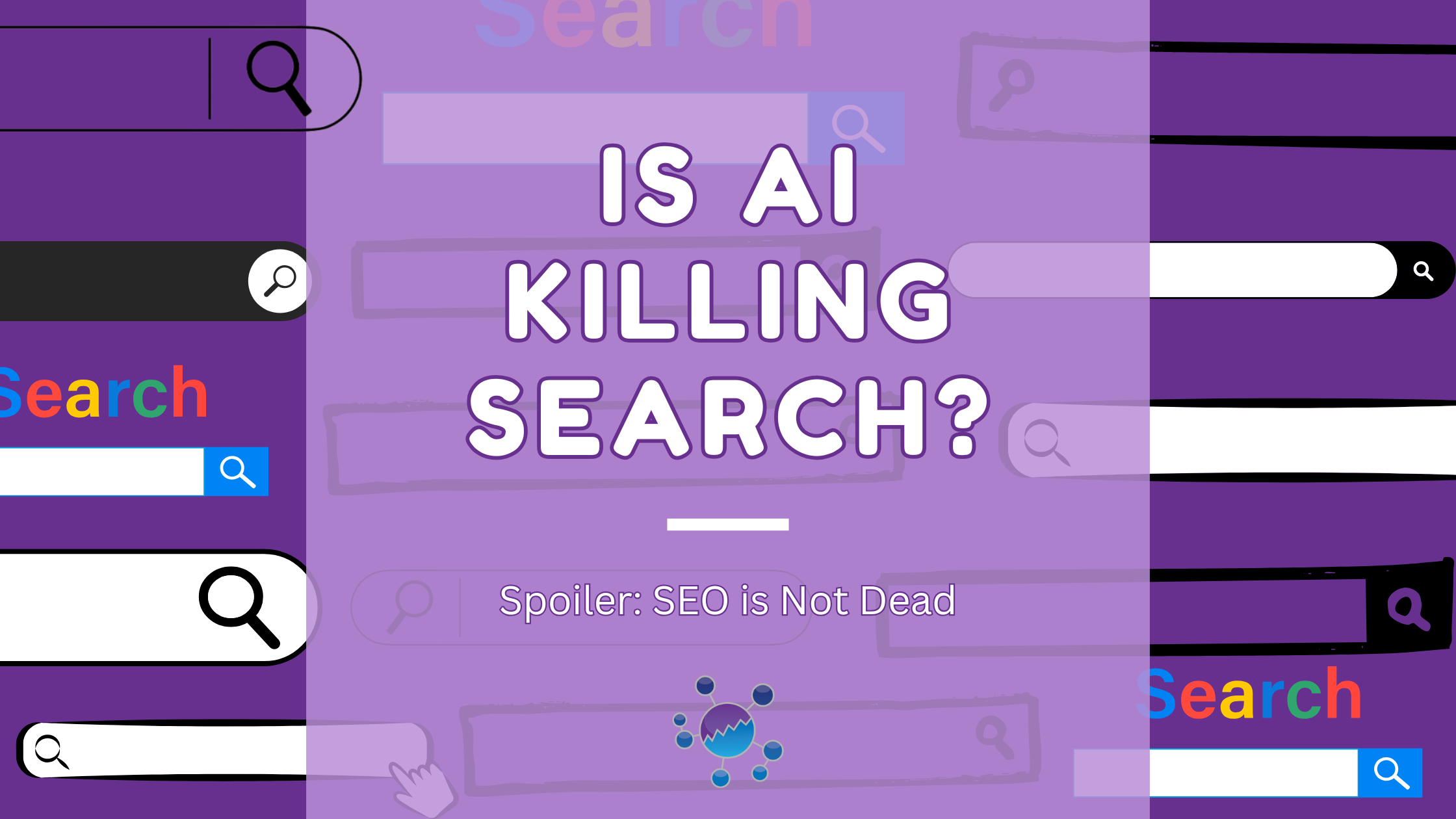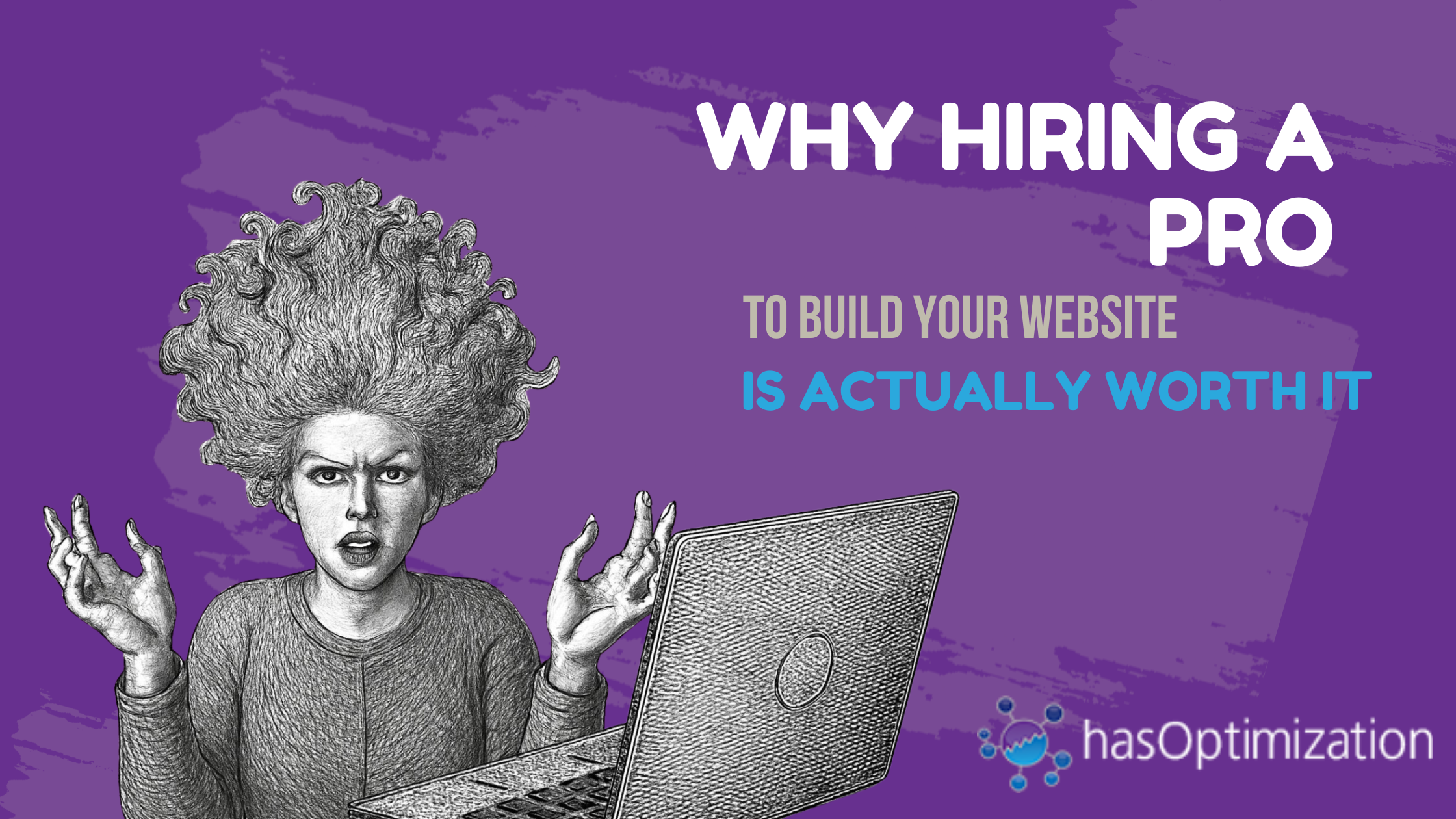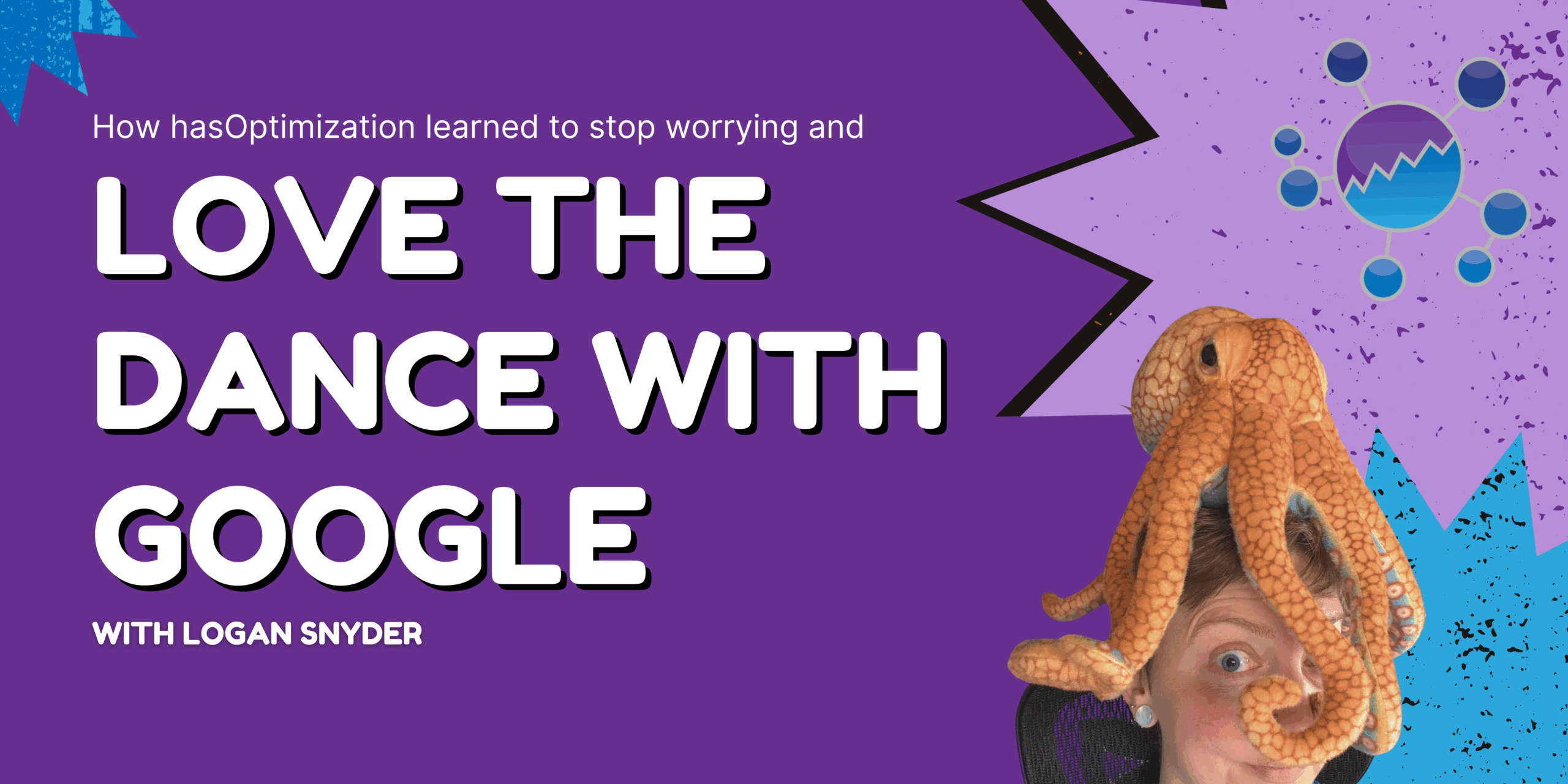 Posted by Aimee Cozza on February 25th, 2020
Posted by Aimee Cozza on February 25th, 2020A consistent complaint we get from clients is “why am I not #1 when I search for myself on Google?” As an SEO company, it’s our duty to help our clients rank when they weren’t, and rank better than they were prior to coming aboard. However, the simple question of “why am I not #1” might seem like a simple answer (such as we aren’t doing our job), but the answer is much more complex than you might think.
Googling yourself or your business is not an indicator of where you may lie in the SERP
Back in the day of ye olde internet, when Google was simply just regurgitating websites that it found out in the world wide web, Googling yourself and coming out #1 because your website 100% satisfied the criteria of the search query made sense. But today, in 2020, the SERP, otherwise known as the search engine results page, is actually a complex string of factors that come together to deliver you one (or multiple) page(s) of results. Your search result is different from my search result, which is different from someone else’s search result, even if we all search the same exact thing.
What factors go into a Google search?
There are quite a few factors that affect a SERP. Those factors can be all, or some of the following:
- Are you searching on a mobile device such as a phone? Search results vary wildly from those you would get on desktop, often shooting mobile-friendly pages to the top.
- Are you searching with an assistant like Google Home? Specially formatted pages tend to rank better for Google Home.
- Where are you searching from? Your physical location can affect your search results. Yes, even if your location is not allowed via GPS, Google can use your IP address to determine your locality and tailor your search results appropriately.
- Are you logged into an account? Previous search queries can help tailor search results that may better fit you.
- Are you searching on Google, Yahoo, Bing, or someplace else? Every search engine has a different algorithm, and while of course we want you to rank for all of them, we will focus on the “big bad” most of the time — Google.
What queries are you hoping to rank for?
While we will obviously make best recommendations to optimize your search performance, we can’t hope to hit all search queries at the same time. Here’s a good example of some search queries that could return results for a cleaning service:
- Home cleaning
- Window cleaning
- Floor cleaning
- Carpet cleaning
- Business cleaning
- Cleaner
- Cleaning
- Home cleaner
- House cleaner
- Professional cleaner
- Professional cleaning service
…And the list goes on. While we would work with you to rank higher than you normally would for most or all of these search queries, if you have a very basic website, you can’t expect to rank for all of them at once.
What does the competition look like for that search query?
In addition to actually ranking for a search query, we can’t exactly control how much aggressive competition is in the same space. For example, a law firm may be targeting keywords “law firm”, “lawyer”, “attorney”, and others. If there are 30 law firms in the same physical location, and all are hiring SEO firms to work on getting them to #1 for all of these terms, it can cause the space to become very crowded with a lot of competition. Trying to rank #1 in a highly competitive space can become difficult, given larger and more complex sites like Nolo or Avvo are likely to occupy that space and hang onto it for a long time.
How old is your page content?
Google generally favors fresher page content from websites, along with pages that have more presence. Sites that are larger, have a lot of outbound and inbound links, and are constantly being updated (say with a blog, for example) are more likely to rank higher in search results and even have a possibility of hitting the Google News area. If you only have 5 pages and refuse to add more, your content can become stale very quickly while competing companies can swoop in and claim your spot.
What does all this mean?
Essentially, it’s the job of your SEO marketing company to come up with a comprehensive plan to help you grapple your way to the top for areas you want to be in, and to try to stay there. Any good SEO will know that quality content is ranked over quantity, and know that your website needs to keep generating new content to stay fresh in Google’s eyes. Adjusting meta titles and descriptions can only get you so far. There are many more moving factors to search engine results pages that you may not know about that your SEO understands and is planning for.
Need help with your SEO plans for the future? Contact us today to get started!




